If the 20th century popularised the figure of the émigré, the 21st has introduced that of the returnee, who, aided by a combination of Skype, social media and cheap air travel, doesn’t so much exchange countries as exist between them. ‘I was an émigré. I had left. Now I’d returned,’ announces Andrei Kaplan, somewhat incredulously, in Keith Gessen’s vigorously funny second novel.
An inverted Pnin, Andrei is a Russian-American academic, making a living by moderating online discussion groups for a professor who, in due course, compares Pushkin, Gogol and Dostoevsky to Kanye West. Failing to find a tenured job, Andrei moves to Moscow, where he was born, to care for his ailing grandmother. The city is unrecognisable. It’s 2008: when Andrei arrives, oil prices are high, the rouble is strong, and Medvedev is president. In the surest sign that things are changing, Andrei spends his days sipping overpriced cappuccinos in a cheery café across from the NKVD. A founding editor of n+1 and frequent commentator on Russian politics, Gessen is adept at skewering the many contradictions of a newly rich Russia.
Andrei’s grandmother, however, is a remnant of the old Soviet Union in gaudy, new Moscow. Puttering around in what she calls her ‘Stalin apartment’ — a professor at Moscow State University until the anti-Jewish campaign, she is rewarded for her work on a film about Ivan the Great — Baba Seva makes kotlety, solves anagrams and watches old Soviet films. The title comes from her refrain to Andrei: ‘Why did you come back to this terrible country?’
Gessen never makes this entirely clear. During his year in Moscow, Andrei plays hockey, joins a Marxist ‘study group,’ gains a love interest and protests against Russoil. He wavers between a near-comical feeling of abstract belonging (‘Tolstoy had eaten kasha,’ Andrei reminds himself) and an awareness of the toll that emigration takes on those who remain behind.
Yet it’s hard to find Andrei’s motives anything but misguided, as insisted to him by his many new acquaintances. You can’t go home again, as Andrei soon discovers. In one of the novel’s most compelling moments, he recalls his first trip to the Russian countryside, where the commercialism of his western conveniences — his ‘tall blue Gillette shaving gel, my brilliant red-and-white Old Spice antiperspirant’ — suddenly provides a welcome relief.
Having left Russia at the age of six, Gessen portrays the ambivalence of reverse culture shock with remarkable pathos and empathy. Perhaps it’s better, however, to heed the example of Marina Tsvetaeva, the émigrée poet whose return to Moscow leads her to suicide. Andrei quotes one of her most famous poems: ‘Homesickness,’ it began, ‘what bullshit!’
Got something to add? Join the discussion and comment below.
Get 10 issues for just $10
Subscribe to The Spectator Australia today for the next 10 magazine issues, plus full online access, for just $10.
You might disagree with half of it, but you’ll enjoy reading all of it. Try your first month for free, then just $2 a week for the remainder of your first year.

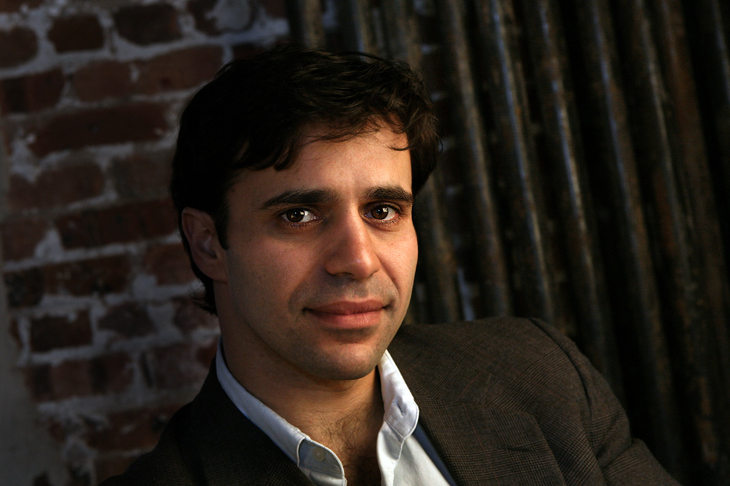
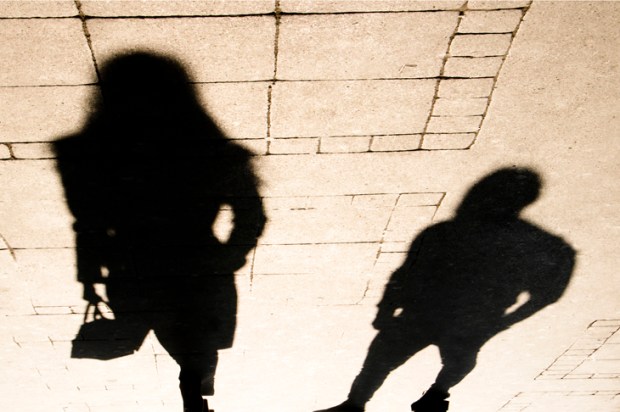
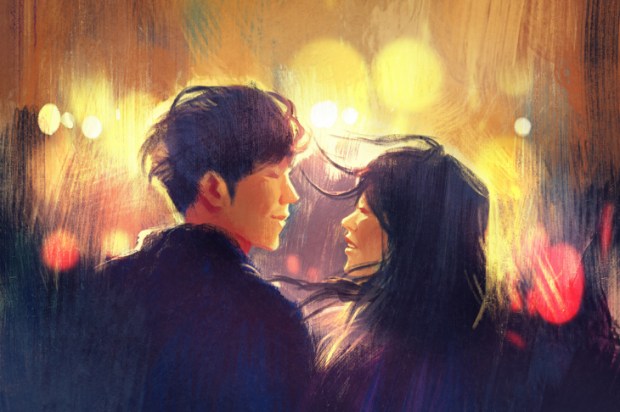
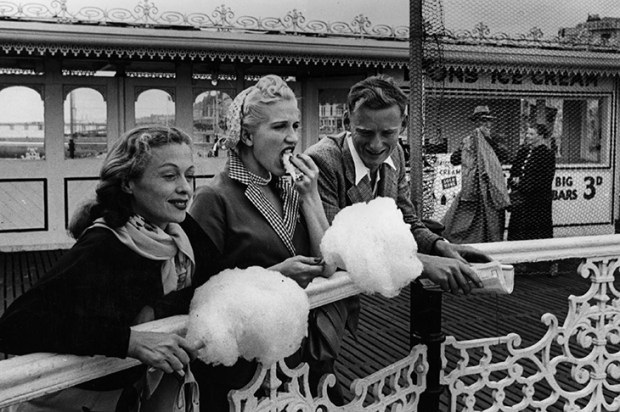
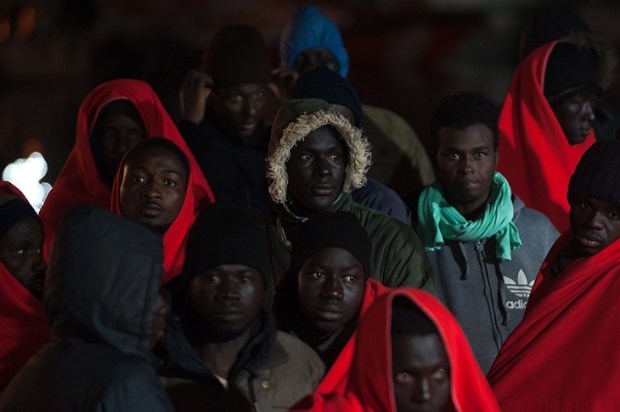
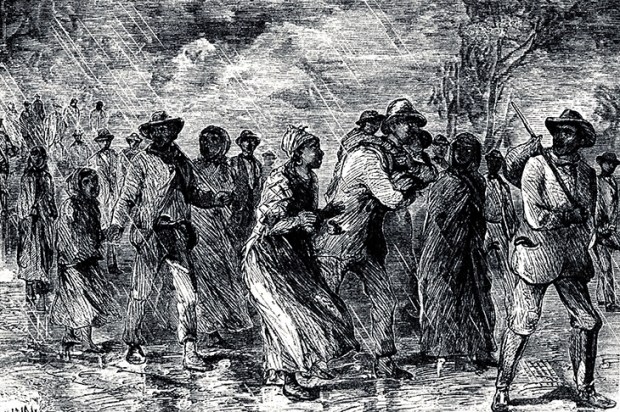
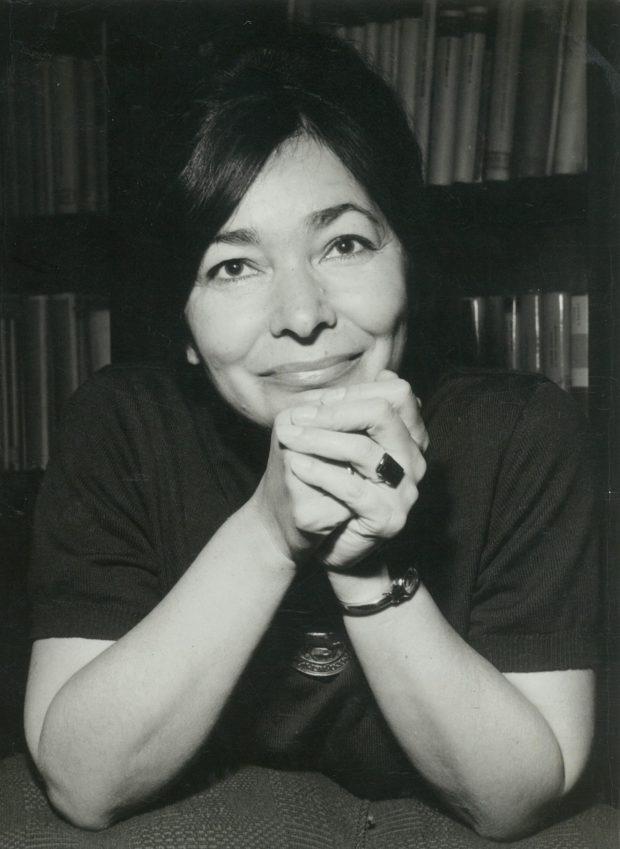






Comments
Don't miss out
Join the conversation with other Spectator Australia readers. Subscribe to leave a comment.
SUBSCRIBEAlready a subscriber? Log in